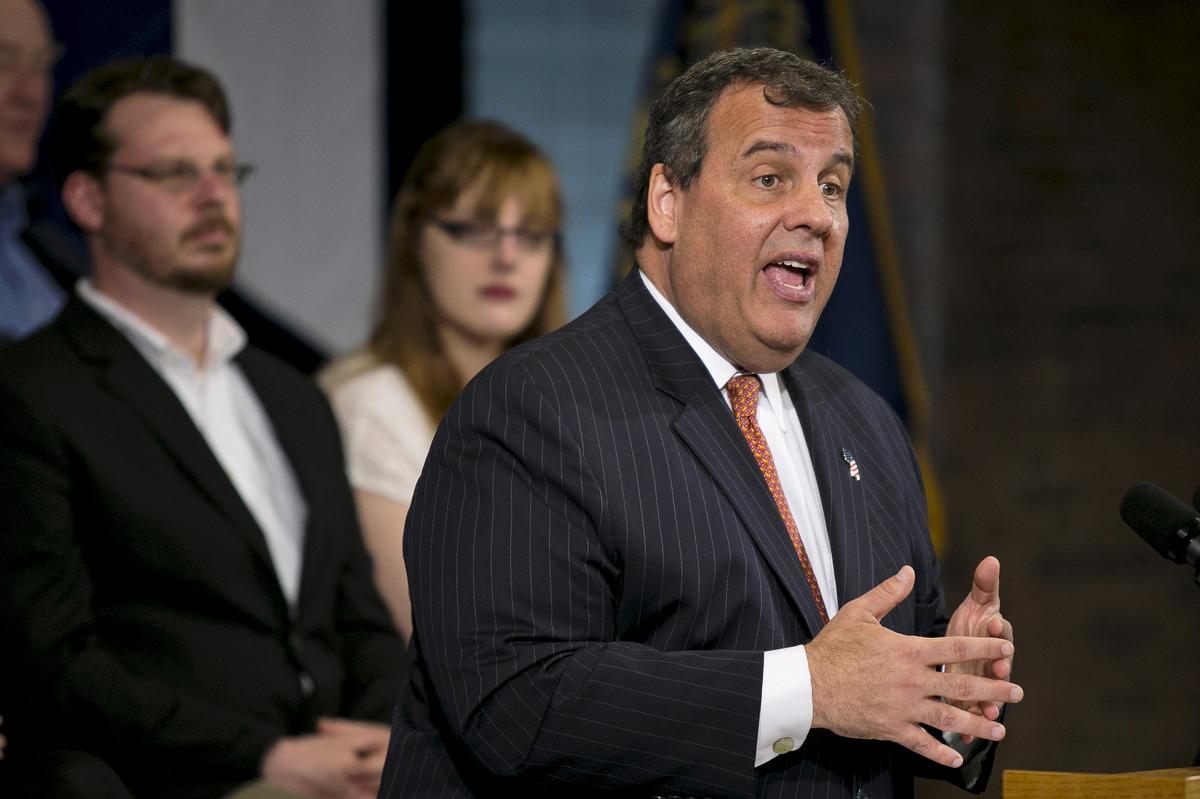WASHINGTON (Reuters) – Two aides to former New Jersey Governor Chris Christie who were at the center of the “Bridgegate” scandal engaged in corruption and abuse of power but not criminal acts, the U.S. Supreme Court ruled on Thursday as it unanimously threw out their convictions and placed new limits on political corruption prosecutions.
The justices sided with Bridget Anne Kelly and Bill Baroni, both convicted for their roles in a scheme to engineer traffic chaos in September 2013 on the world’s busiest bridge to punish a local Democratic mayor who refused to endorse Republican Christie’s gubernatorial re-election bid.
“The evidence the jury heard no doubt shows wrongdoing – deception, corruption, abuse of power. But the federal fraud statutes at issue do not criminalize all such conduct,” liberal Justice Elena Kagan wrote on behalf of the court in the 9-0 ruling.
The decision marked the latest instance in which the court hemmed in prosecutors in political corruption cases. The court in 2016 threw out Republican former Virginia Governor Robert McDonnell’s bribery conviction in another ruling that narrowed the types of conduct that can warrant prosecution.
Kelly, a former Christie deputy chief of staff, and Baroni, a former deputy executive director of the Port Authority of New York and New Jersey, were convicted in 2016 of wire fraud and misusing Port Authority resources. The Supreme Court ruled that their actions did not fit within the definition of fraud under

